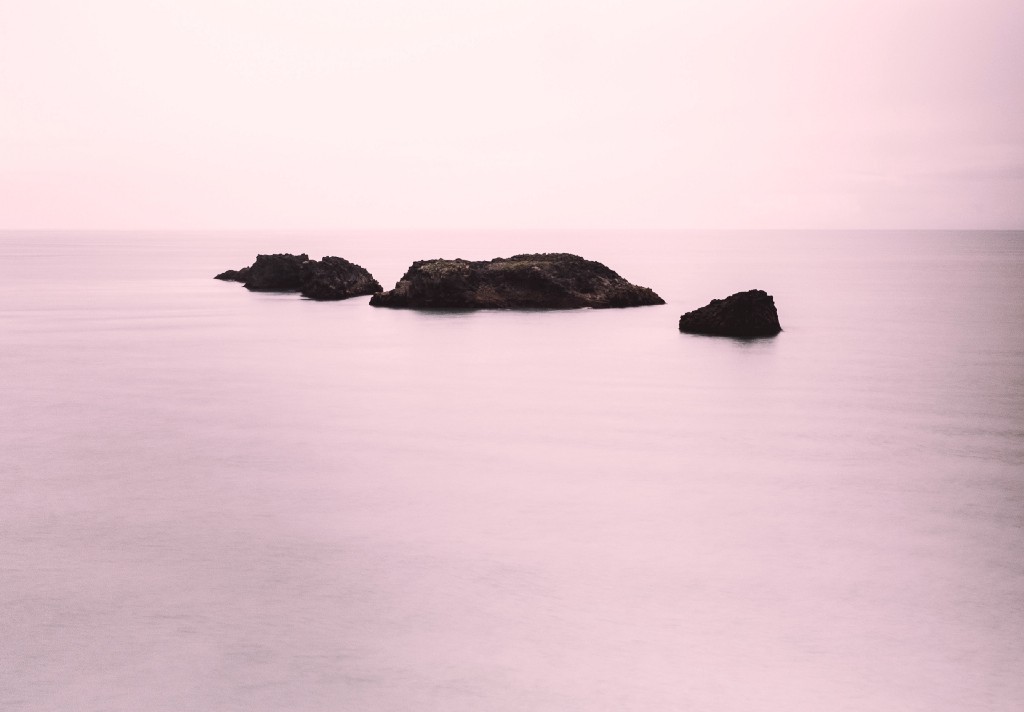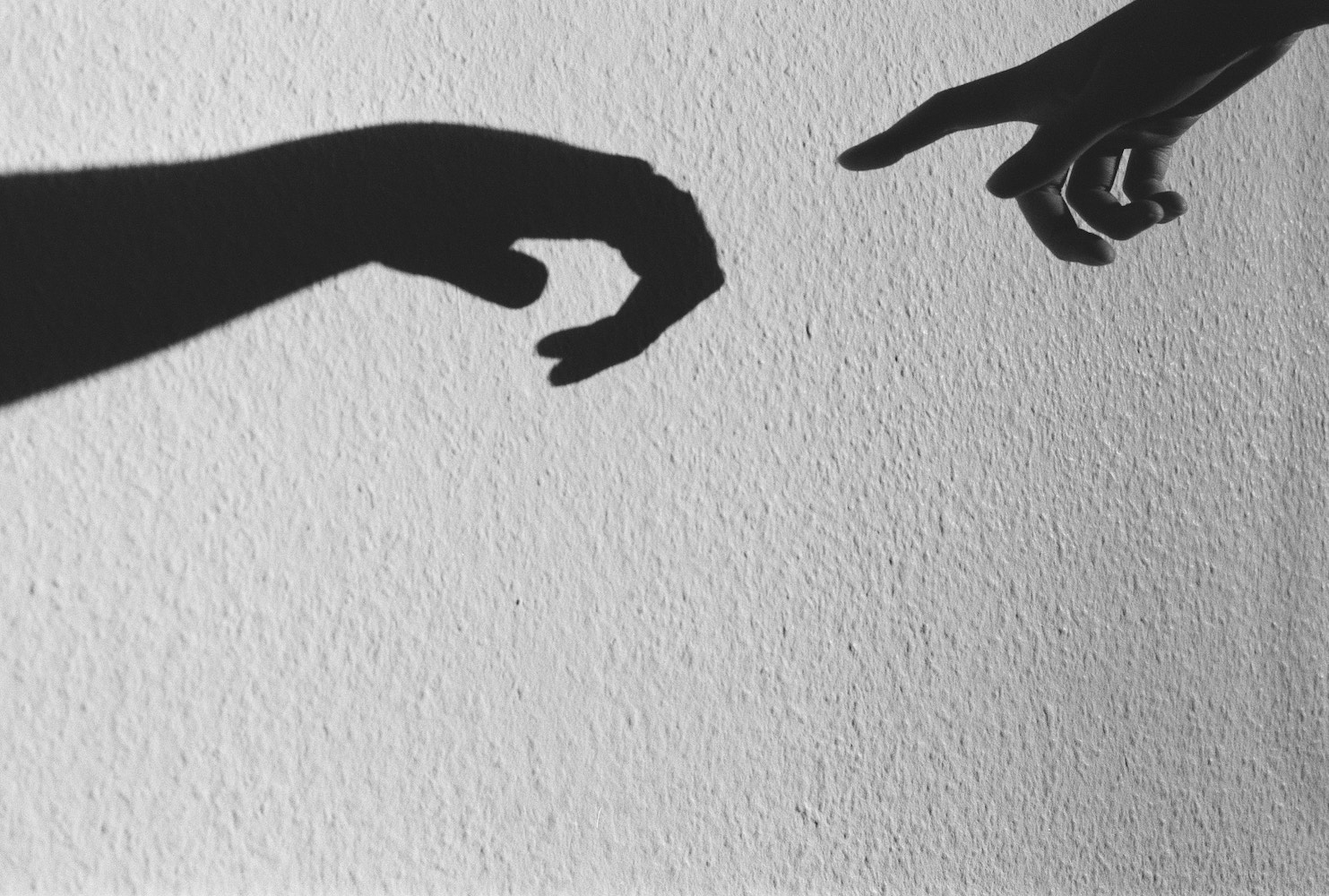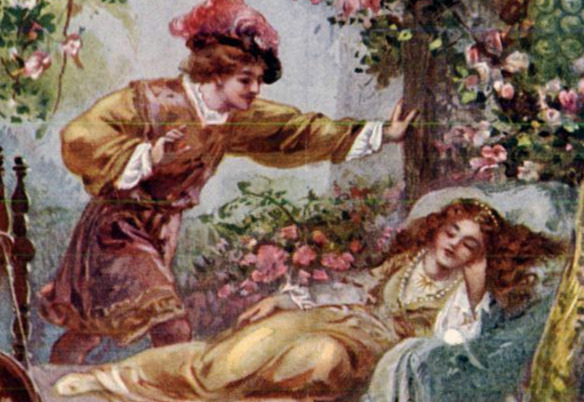interviews
Up Close and Personal with the Ranchers Who Forcibly Occupied a National Wildlife Refuge
James Pogue, author of ‘Chosen Country: A Rebellion in the West’, on the cowboy fantasy, tribalism, and what Americans are owed

I n January 2016, a few dozen men and women with assault rifles staged a takeover of the Malheur National Wildlife Refuge, a site in eastern Oregon best known as a protected habitat for waterfowl and migratory birds. The group had convened to protest the punishment of two local ranchers who’d been imprisoned for setting fire to publicly owned land. But their project was larger in scope. Led by a rancher’s son named Ammon Bundy, the occupiers were waging a semi-contained war against the federal government in general, and the Bureau of Land Management in particular.
The occupiers’ underlying grievances were (and remain) valid. Simply put, federal restrictions on public land use have curtailed ranchers’ abilities to graze their cattle, preventing them from supporting themselves and their families. And the restrictions, it ought to be noted, seem to get more stringent each year. But the group’s approach to resolution — armed standoffs with federal agents, physical threats to adversaries, collaboration with xenophobic militias — has undermined much of its legal and moral standing.

The Malheur Refuge occupation lasted several weeks, culminating in several dozen arrests and the death of a rancher named LaVoy Finicum, who was shot by Oregon State Police. The writer James Pogue covered the standoff for the New York Times and Vice, and his first book, Chosen Country, is an investigation into the cultural forces that led to it. He became a trusted presence on the Refuge, and was granted unprecedented access to Ammon Bundy and his inner circle. (Throughout the narrative Pogue frets, not without cause, about whether his journalistic integrity has been compromised.)
For those of us who, reading the newspaper two years ago, were quick — as I was — to assume the occupiers were little more than anti-environmentalist, anti-government, NRA-aligned provocateurs out to raise a ruckus, the book provides much-needed context as to how and why this standoff arose, and its implications with regard to future conflicts. It also makes clear that the deregulation the ranchers are fighting for wouldn’t much help them; rather, the primary benefactors would be gas and oil companies that would, inevitably and irrevocably, ruin the land.
I recently spoke with Pogue, via FaceTime, about his book. He was in his apartment in Los Angeles, where he’d recently moved after stints in Santa Fe, New Orleans, New York, Cincinnati, New York (again), Los Angeles (previously), and Oregon. He’d just come in from gardening, and whenever he gestured with his hands — which he did often and wildly — I noted the soil under his nails.

Max Ross: Let me make sure I have this straight: Cattle ranchers led the occupation of the Malheur Refuge, but not all of the occupiers were themselves ranchers.
James Pogue: A minority of the occupiers were ranchers. Most of the people there were militia people — that is, people affiliated with independent militias who see themselves as protecting the United States constitution.
And they like to protect the constitution with guns. They feel very strongly about both these points: the constitution, and the guns.
MR: And why are they supportive of the ranchers?
JP: Well, at the most basic level, they believe the federal government, in its treatment of the ranchers — or, actually, in its implementation of restrictions on land use — is violating the constitution. But there does seem to be something deeper going on.
The more time I spent with them, and the more I read about them, the more I came to see these men — they were mostly men — as trying to fashion a tribal identity. They wanted to be part of a tribe. And the ranchers provide an easy template for what that tribe might look like. They’re cowboys — real American cowboys. They’re tough men. They’re well-adjusted, generally happy men. They raise well-adjusted, generally happy children. They have families, which is no small part of the draw. They do cool stuff out on the land. You or I should be so lucky as to have Ammon Bundy or LaVoy Finicum’s life.
And certainly the militia people wanted to be part of that. They latched onto it, even though most of them have never ranched a day in their lives. It’s a cowboy fantasia, and it’s unattainable for most, (and it’s uncomfortably bound up in whiteness). But it’s a fantasia that Ammon Bundy is remarkably good at promoting, and the militia people will kill and die for the idea of it.
And while this may take us into speculative territory, I feel comfortable saying that these guys are essentially — what they’re doing is looking for a sense of belonging. Except for the militia stuff, they feel they don’t fit in anywhere. They’re outcasts. And so the militias give them a sense of belonging to America, and the ranchers provide a sort of ideal for what an American man should be.
The only problem is that their vision of America is arcane and warped and ignorant of the market forces that are actually keeping them apart, and the cowboy thing is unrealistic.
The militias give them a sense of belonging to America, and the ranchers provide a sort of ideal for what an American man should be.
MR: You connected with a lot of these guys, it seems like. Or at least made yourself comfortable with them.
JP: I got along with them. I like a lot of the same stuff they do. I like going out in the woods and camping. I like trucks and cowboy boots. So we were able to connect on that level.
And I suppose I should say, too, that I want what they want — a sense of American belonging. I’ve realized in retrospect that that’s the foundation of my interest in this story: I was on the outside of something, I was moving from place to place without ever feeling at home, and when the standoff started I viewed these guys as being on the inside of something, and drawing immense satisfaction and meaning from being on the inside of it. I didn’t want to belong to what they belonged to, per se, but I understood that aspect of what motivated them.
I grew up believing that if you do the right stuff — school, hard work, whatever, et cetera — at the end of the rainbow you get this patch of land and a sense of rootedness to go along with it. I was desperate for that, I didn’t have it, and that was the thing I communicated best about with the occupiers. You could say it’s an idea of Americans are owed. Because I do, I think we’re owed a living and a patch of land. That was the vision of this country and I grew up subscribing to it, even if it was never a realistic vision, or a vision that was realistic only for members of a white majority.
In any event, that’s not the country we live in. Nothing is provided. There is no security, regardless of academic pedigree or whatever else. There is no land in place. There’s no point at which you are fine. And the underlying question of the book is: How will we address this natural human desire for stability and belonging? (Especially when economic forces keep separating the top from the bottom more and more starkly, and pushing the middle down.)
The underlying question of the book is: How will we address this natural human desire for stability and belonging? (Especially when economic forces keep separating the top from the bottom… and pushing the middle down.)
MR: Sticking with the ranchers a moment — are their grievances against the government legitimate?
JP: Their grievances are legitimate, though no more legitimate than the grievances of anyone else who’s watched their brand of middle class life in America disappear. That said, the forces that have led to the ranchers’ loss are more tangible and obvious. Everything stems from regulatory decisions. And so it’s easy to think that if the regulatory decisions were rolled back, life as it was will be restored.
MR: Why have the regulations been put in place?
JP: The regulatory decisions — which restrict how many cattle a given rancher is able to graze on public lands — have been driven by environmentalists. And I have to be careful here: in broad strokes, environmentalist regulations are good. Of course they are. But the ranchers have become collateral damage and, also in broad strokes, the environmentalists have not been sympathetic to that. Generally speaking, environmentalists wanted ranchers off the land because they viewed grazing cattle as a threat to wildlife and the sustainability of the land itself. They had a slogan in the nineties: Cow Free By ’93. And that’s not productive, because it’s disrespectful to these people, and to the idea that ranching was a way of life that was going on. And that, while ranching does damage the land to an extent, it is far from being the main culprit.
There’s something fundamentally different about ranchers who beat up the range and industrialists who want to rape the land for oil or gas or whatever it might be. And, in my opinion, environmentalists largely ignored this distinction, which led to a lot of animosity. And it didn’t have to be that way. In reality, ranchers and environmentalists should have similar interests in protecting the land. They both face the same threat. But the way the issue was handled put them on opposite sides.
MR: What was the most important part of the story for you to capture in your book?
JP: The book is very much about the psychodrama of the standoff. The characters, and their relationships, and their craziness — that was what interested me most.
It was such an insane environment. There were rumors every day that the FBI was set to invade the Refuge, and the paranoia among the occupiers became more and more pronounced. Meanwhile, the media gave them more and more attention, which stoked a sense of self-importance among the group. The essence of my reporting was being able to show how these forces converged and affected some of the major players.
Their grievances are legitimate, though no more legitimate than the grievances of anyone else who’s watched their brand of middle class life in America disappear.
MR: How integral was Ammon to all of this?
JP: It’s worth painting in broad strokes — apparently the only strokes I like to paint in — the figure of Ammon Bundy. He’s a man who matured as a family guy. He wasn’t a twentysomething forcing himself into a position of power. He has six children and lives a relatively quiet Mormon life. But then when he’s thirty-nine, federal agents descend upon his home, and he essentially summons and leads an army against them. And wins. A few years later he takes over a wildlife refuge, and is able to draw people from across the country without yelling and without carrying a gun. And these people are willing to die for him. Add into the mix that he believes angels told him to do what he was doing. He was visited three times in the night by an angel who told him to occupy the Refuge, and he believes this deeply. The gears turning in there are insane.
I should say, too, that I wanted him to like me. I suppose I would defy any man who has a bit of a male competitive thing to not want Ammon to like him. Even as I was reporting on him, even as I was interviewing him and remained skeptical of his motives and found him to be an incredibly dangerous individual, I was being seduced. And I don’t think he was trying to seduce me. I think he has a gift.
And I see that as part of the story. If you don’t have a figure like Ammon — a Svengali guy — none of this would have happened.
The problem, from a journalistic perspective, was that he’s an ideologue, and that to an extent he is unknowable. He toes his own party line and never goes off script. As much time as I spent with him, I kept waiting for that reveal, that moment where he was going to crack and say what his true motives were. But his façade remained frustratingly intact. Ultimately it was like trying to get to know a really charming and engaging golden Retriever.
MR: And you view him, and his followers, as dangerous.
JP: Their influence is spreading and they’re dangerous — we’re talking mostly about the militia guys again. They believe in civil war. And, in a sense, they’re already winning.
Around the world, states and countries lose control of areas filled with people with AR-pattern rifles all the time. And these areas of the world look an awful lot like the American west. The ingredients are all there.
It’s very difficult for me to think we’re fundamentally different from other places where fratricidal violence has erupted. It would be more surprising to me if we didn’t have some sort of fratricidal violence than if we did. It just seems weird to me that people think that’s strange.
The government won’t be able to stop anything once it starts. You can’t roll into a rural place with a tank and put a stop to a grassroots insurrection. We learned that through the Malheur Refuge standoff. When LaVoy was shot, the movement got way bigger. Which is to say, this is demonstrably a movement with a martyr. Think about that — there is a considerable faction of the American populace with a great many weapons willing to use violent means to limit the federal government’s power, and when the government interferes the movement only gains more support. These are people who feel like they have nothing to lose. And that’s really scary. They’re extremists and they have martyrs and they have nothing to lose and the danger is real.
MR: You were not left untouched by the standoff. Even though you were reporting it, you didn’t remain a fly on the wall.
JP: I spent a lot of time with these guys. And so, just naturally, I ended up liking a lot of them, even as I disagreed with them.
And so as everything came to a head, I was more and more shaken up. I had never had someone I knew get killed by the cops. I never had three-dozen people I knew, some of them well, all of a sudden end up in jail. You don’t have to agree with the people involved to be shaken by that. And it all hit really fast.
To say nothing of the fact that the FBI started lingering outside my hotel room and patching into my phone calls with these guys.
But — and this will be no real surprise — I’ve been most affected by LaVoy’s death. I felt like that didn’t need to happen. And the people responsible for it were not the Oregon State police who killed him. The police killed him, but I saw this as being Ammon’s fault, and I had a lot of anger toward Ammon. And in sitting with my anger, the entire scenario crystalized for me into a story about people who gave a lot, about people who sacrificed a great deal, and were willing to sacrifice a great deal more, to follow a deeply compelling, misleading leader.










